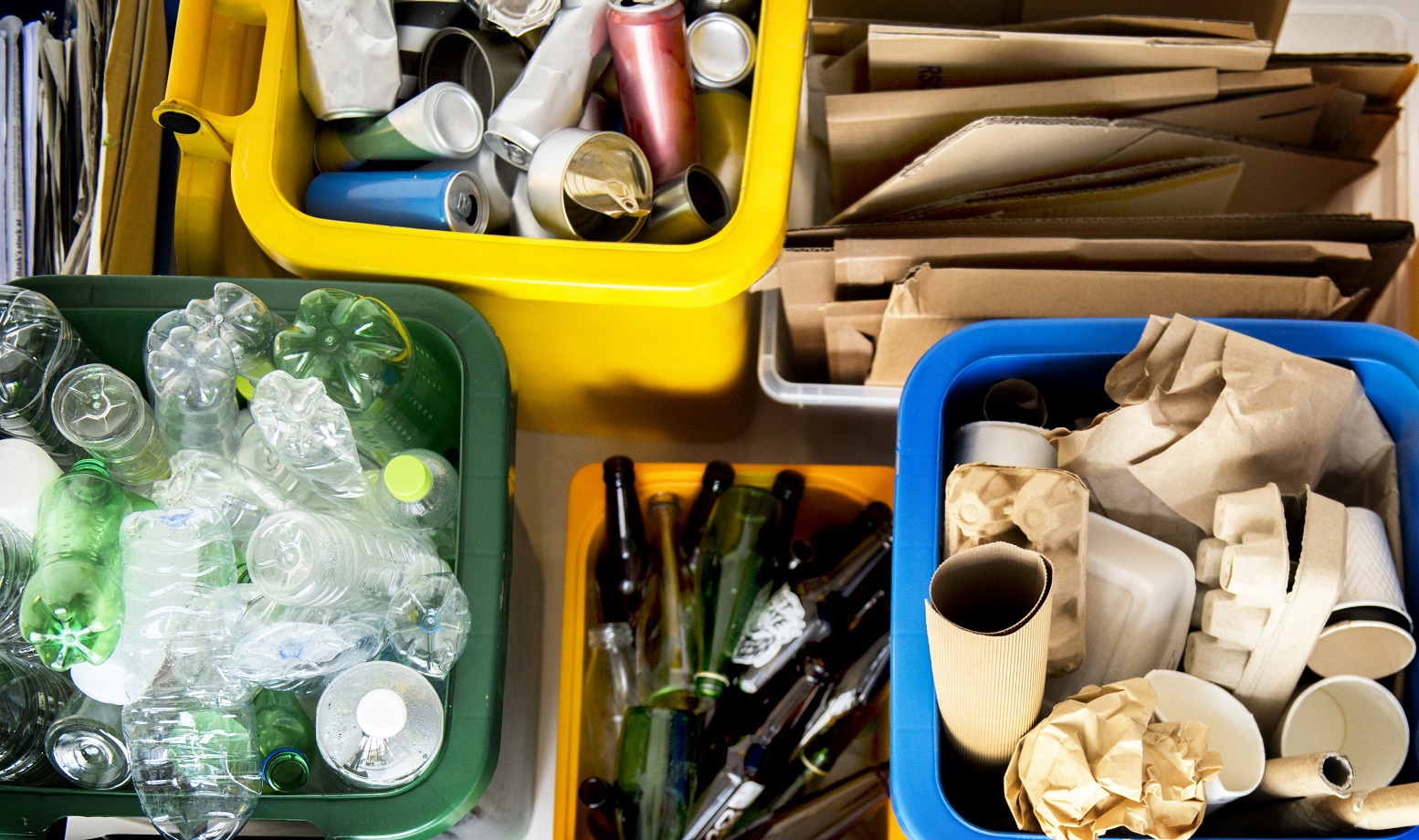
Raising Public Awareness about Recycling Solid Waste in Ras Al Khaimah
The American University of Ras Al Khaimah (AURAK) was established by His Highness Sheikh Saud bin Saqr Al Qasimi, Crown Prince of Ras Al Khaimah in 2005. The University was initially established as George Mason University, Ras Al Khaimah campus (GMU-RAK) in 2005. After George Mason University decided to discontinue its operations in Ras Al Khaimah in 2009, the Crown Prince decreed the establishment of the American University of Ras Al Khaimah (AURAK) in the same location.
The university is an independent, public, state-owned, non-profit, co-educational institution that offers undergraduate and graduate degrees. AURAK is an institution of higher education that provides comprehensive academic programmes based on the North American model and the cultural characteristics of the Gulf region. Its undergraduate programmes combine a strong grounding in the major subject with a broad general education, and its graduate programmes prepare students for the demands of professional life.
It is accredited by the Ministry of Higher Education and Scientific Research in the UAE and offers a total of 22 undergraduate and graduate programmes across a wide range of disciplines. The Southern Association of Colleges and Schools Commission on Colleges (SACSCOC) awarded the institution candidacy status in July 2017.
The American University of Ras Al Khaimah joined the Sustainable Campus Initiative (SCI) in 2015 and has undertaken Green Campus Audits (GCAs) and Sustainability Action Projects (SAPs) as a part of the initiative. This project is one of their awareness projects aimed at raising public awareness about solid waste recycling in Ras Al Khaimah.
Project Overview
The project was called, ‘Raising Public Awareness about Recycling Solid Waste in Ras Al Khaimah’ and its purpose was to assess and raise awareness levels of people towards the 3 Rs (Reduce, Reuse and Recycle) in relation to solid waste and how this plays a vital role in society.
Method
- Through surveys, the project determined potential factors that influence the people’s attitudes and behaviours towards sustainability and others. The results of the survey were analysed by the student team and presented to the faculty for review.
- The results of the survey were presented to the Ras Al Khaimah Waste Management Authority (RAKWMA) and were further reviewed by the School and Business Outreach Coordinator at the university for further action.
- Workshops were designed to be conducted at two local malls (Al Hamra Mall (RAK) and Manar Mall (RAK) on different occasions including weekdays and weekends. The main target audience of these workshops were children and their parents. The workshops included different exercises, games and educational information about recycling. Recyclable bags provided by RAKWMA were distributed at the workshops.
Key Outcomes and Learnings
- Through the study, 280 responses were collected and analysed for the main factors, association and trends. The main findings were ranked and characterised by the Chi2 parameter which measures the level of the significance of the relationship between two factors. The project team greatly increased their understanding and application of statistical techniques for data analysis.
- The survey showed that recycling is strongly associated with three factors: familiarity with the 3 Rs, level of education and knowledge of how to use recycling bins.
- It is estimated that during the workshops and the events carried out in Al Hamra Mall and Manar Mall, about 957 adults and 500 young learners were reached. The analysis also helped students understand the reasons and obstacles faced by residents of RAK for not recycling. These could be used to find solutions to encourage people to recycle.
- The general public is interested in recycling and is open to learning and implementing basic recycling in their daily routines. Children are also very interested in learning about recycling when it is presented in the form of educational games and activities.
- It is important that people change their present perception of waste as unwanted and treat it as a useful resource. Recycling will help to free land fill space and reduce the burden on the environment.
